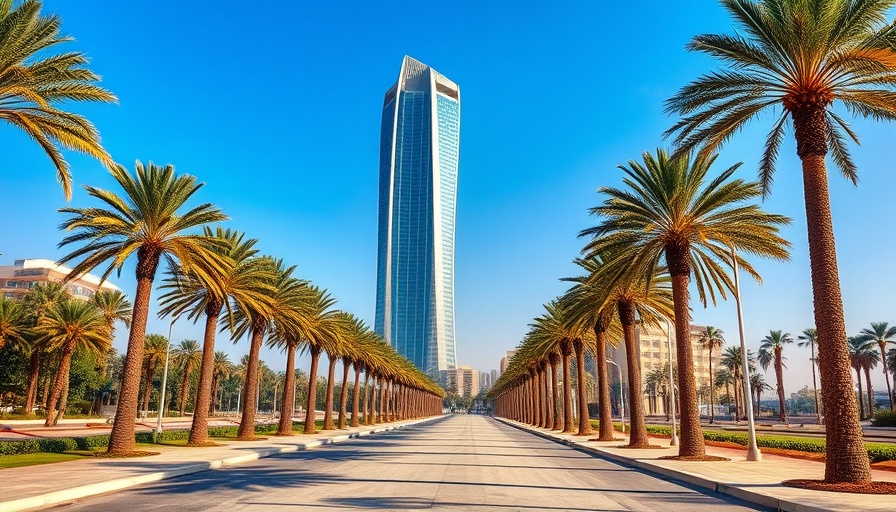
MTN Nigeria Moves Headquarters to Eko Atlantic: A Bright Future for Telecom
MTN Nigeria, the largest mobile network operator in the country, is taking a bold step by relocating its headquarters to the emerging business hub of Eko Atlantic City. This decision aligns MTN with other prominent firms, including the Dangote Group and First Bank, who are also making the move towards redefining infrastructure in Lagos.
Why Eko Atlantic City?
Eko Atlantic, a city built on reclaimed land, promises modern infrastructure and an environment conducive to business growth. With strategic investments from both local and international entities, the city is positioning itself as a pioneering smart city in Africa. This move reflects a growing trend among tech startups and businesses looking for environments equipped for innovation and growth.
The Impact on the Tech Landscape in Nigeria
This relocation is expected to boost digital transformation in Nigeria, especially with MTN simultaneously building the largest Tier 4 data center in West Africa. By offering advanced connectivity and smart tech solutions, MTN is setting the foundations for a technological renaissance that could significantly benefit various sectors including fintech and blockchain.
Investment Opportunities and Economic Growth
As more firms recognize the potential of Eko Atlantic, the city emerges as a hotspot for investment. Reports indicate prices for land in this region can exceed $1,200 per square meter, reflecting the high demand and potential for economic growth. Investors and venture capitalists should consider this dynamic environment as fertile ground for new opportunities.
What This Means for Entrepreneurs and Startups
This move is not just about larger companies but resonates deeply with the entrepreneurial spirit flourishing in Africa. With increased investment in infrastructure, aspiring entrepreneurs in AI, fintech, and automation can find a supportive ecosystem. Collaborative networks and innovation hubs are likely to develop, enhancing knowledge transfer and skill development across the region.
In conclusion, MTN Nigeria's relocation to Eko Atlantic is not merely a change of address; it signifies a larger movement towards modernity, smart cities, and increased digital transformation in Africa. For tech entrepreneurs and investors, this is a moment to engage with a vibrant community that promises growth and innovation. Seize the opportunity to learn more about how your ventures can align with these transformative trends.
 Add Row
Add Row  Add
Add 


Write A Comment